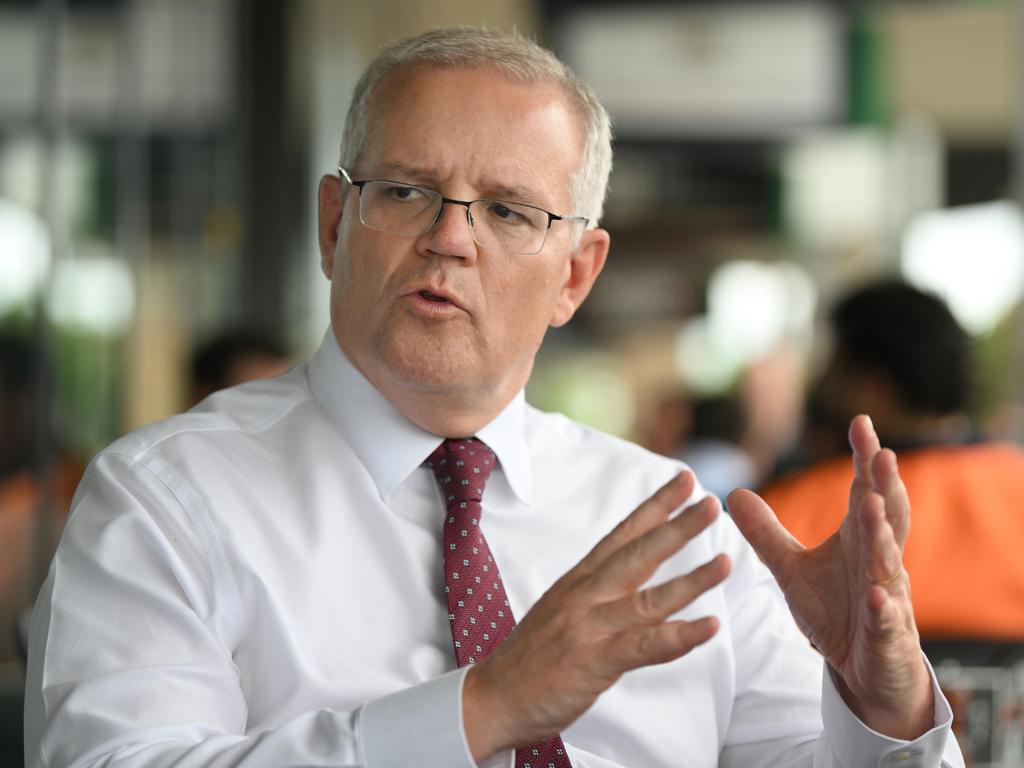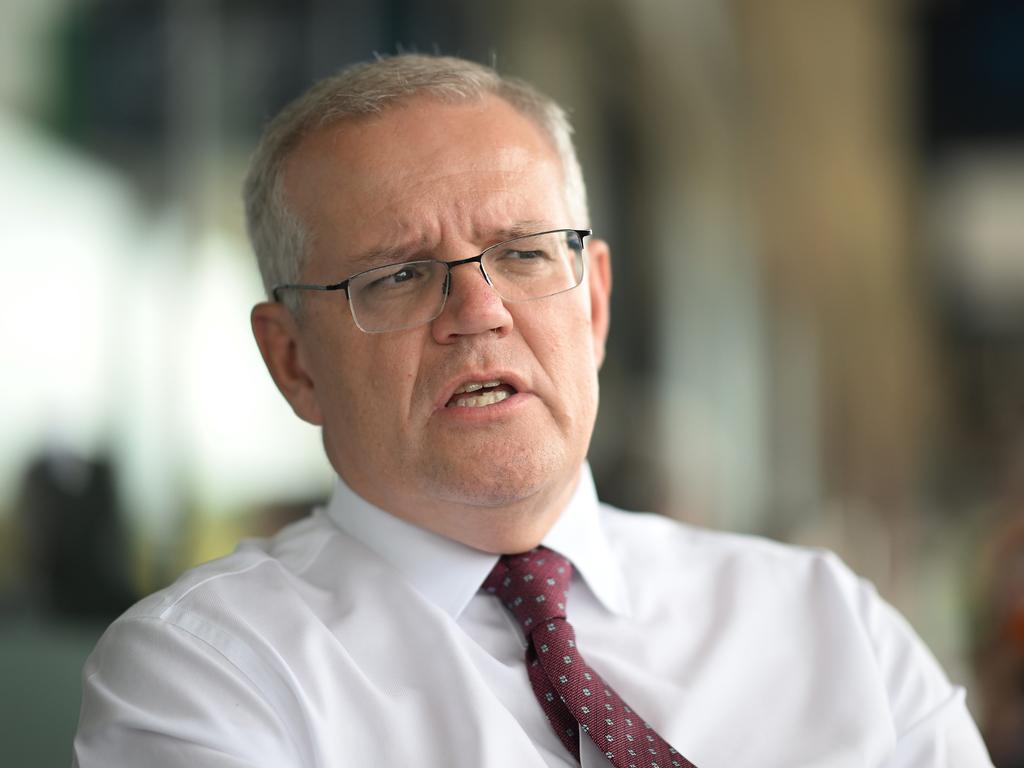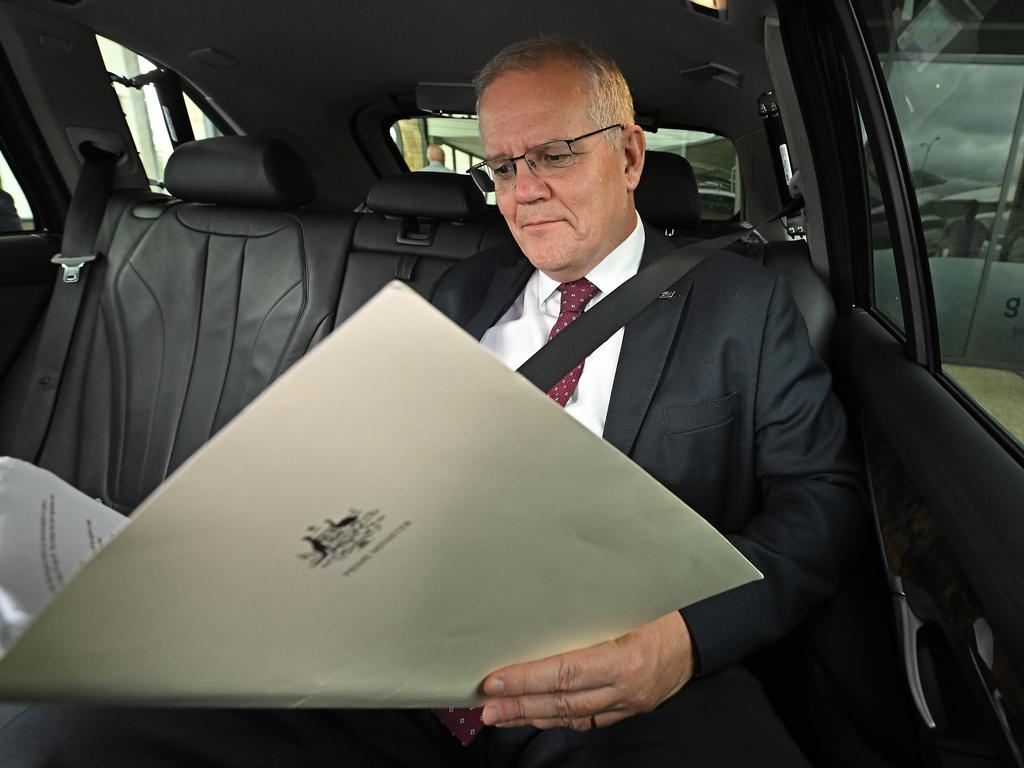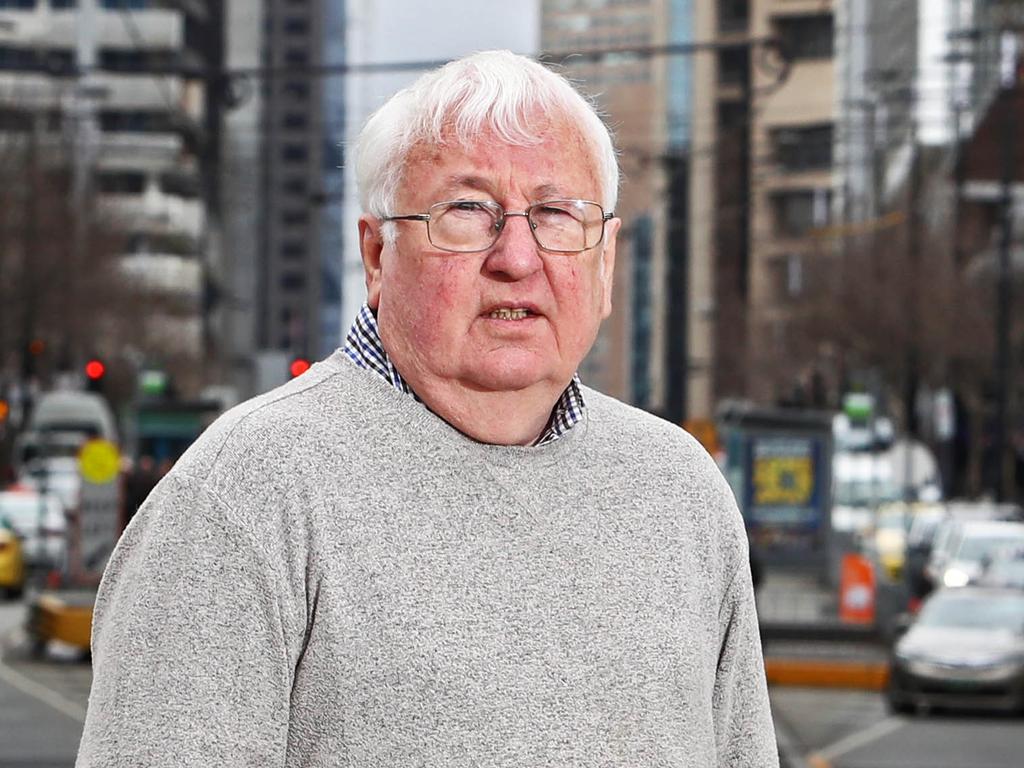Election 2022: Scott Morrison’s pitch vindicates Labor’s campaign strategy


It is not surprising that this reaction has been picked up in the Liberal Party’s polling and focus groups. So, on cue, Morrison has spent the past few days telling voters he has listened and learned, and is a new man. No more of the “bulldozer” approach but a more empathetic and consultative prime minister for “a new era”.
At the Liberal Party’s campaign launch, where Morrison audaciously asked for a “second term” as prime minister despite the Coalition seeking a fourth term, he conceded that the government was not “perfect” and “not everything went to plan” when responding to the pandemic. He now says we need “a very different approach” for the future.
We witnessed a more positive, optimistic, forward-looking prime minister who spoke about “better” days or lives or futures at least six times in his speech. There was also the promise of “better” wages, “better” roads, “better” railways, “better” housing and “better” health services. He promises to do better as prime minister and deliver better results.
Sound familiar? Anthony Albanese’s campaign slogan is the rather bland A Better Future. Labor does not promise a bolder, courageous, more inspiring or innovative government. No revolution. No remaking Australia. Just better.

It must be working because Morrison has adopted this theme as his own.
Morrison, in one fell swoop, has vindicated Labor’s election strategy. A different style of leadership. A modest program promising to make life better. A new focus for a post-pandemic Australia. Morrison’s central pitch is to “the quiet Australians” to put their trust in him one more time.
Labor sought to make the election a referendum on Morrison. The assault on the Prime Minister’s character has been unremitting. Whether bushfires, floods, vaccines, rapid antigen tests, quarantine, aged care, robodebt, the alleged rape in Parliament House or the Solomons-China pact, Albanese says Morrison has been slow to foresee and respond to crises, does not take responsibility, shifts blame and makes excuses.
These lethal criticisms have been underscored by claims that Morrison is a liar, whether made by French President Emmanuel Macron over the abandoned submarine contract or Liberal colleagues Malcolm Turnbull, Julia Banks and Concetta Fierravanti-Wells, and the damaging character assessments by Barnaby Joyce and Gladys Berejiklian via text message.
The Morrison prime ministership has been a rollercoaster. He had a 68 per cent approval rating according to Newspoll in mid-2020. Two years later, it has fallen to 42 per cent. Morrison learnt from his leadership failures during the 2019-20 bushfires, when he holidayed in Hawaii, and won respect for his initial pandemic response.
But this term has been marked by division in both the Liberal and National parties, with government MPs defecting, crossing the floor and speaking out against policy decisions. There have been policy backflips, blunders, broken promises and gridlock on issues such as religious discrimination and industrial relations reform.
The Coalition’s policy ossification on climate change and an integrity commission has been costly. The government is on the wrong side of the majority of voters on these issues.
They are the twin issues that have allowed the rise of so-called teal independents who pose a threat to moderate Liberal MPs. It is inexplicable that the government did not negotiate with Labor or the crossbench to implement an integrity commission.
It is true, as Morrison says, that Australia’s handling of the pandemic has been among the best in the world. Whether you measure infection rates, deaths or vaccination levels, the health response has been outstanding. The economy is larger than it was pre-pandemic, thousands of businesses were saved and more people are employed.
But this is not the experience of many voters who got sick or lost loved ones, could not get vaccinated or a rapid antigen test, lost their business or their job, were interminably locked down, trapped overseas or had to quarantine in a hotel.
Many Australians think we should have done better and they blame Morrison.
Labor’s policy-lite approach has been driving the Coalition crazy. There are no easy targets with a risk-averse agenda. There are few policy differences. Labor has adopted Coalition policies even before they are formally announced, such as allowing those aged over 55 to contribute up to $300,000 to their superannuation when they downsize from the family home.
Morrison views Albanese as a weak candidate for prime minister but cannot deliver a knockout blow. The Labor leader’s campaign stumbles have not translated into a vote shift to the Coalition. Morrison is a superior campaigner but he cannot lift the Coalition’s support in the polls. Liberals are cranky that Albanese has reinvented himself by jettisoning his past radical policy views but few voters seem to care.
Yet Morrison still has a narrow pathway to victory based on any analysis of the 20 or so marginal seats that are key battlegrounds in this election.
Voters are not yet fully sold on Albanese or his team. Labor has never formed a majority government with a primary vote of 38 per cent as it is in Newspoll.
Morrison’s promise of a new style of leadership may be too late. The best prime ministers understood that politics is a learning profession. Voters accept that politicians make mistakes but they expect them to learn from those mistakes and change accordingly. It is too late to demonstrate he has changed, so Morrison is asking voters again to take a leap of faith. It is a risky strategy.







Standing at polling booths across Australia, as voters rush to cast their votes before election day, Liberal MPs say the biggest problem facing the government is Scott Morrison. In the final days of this election campaign, many voters are shunning the Liberal how-to-vote while offering damning character assessments of the Prime Minister.